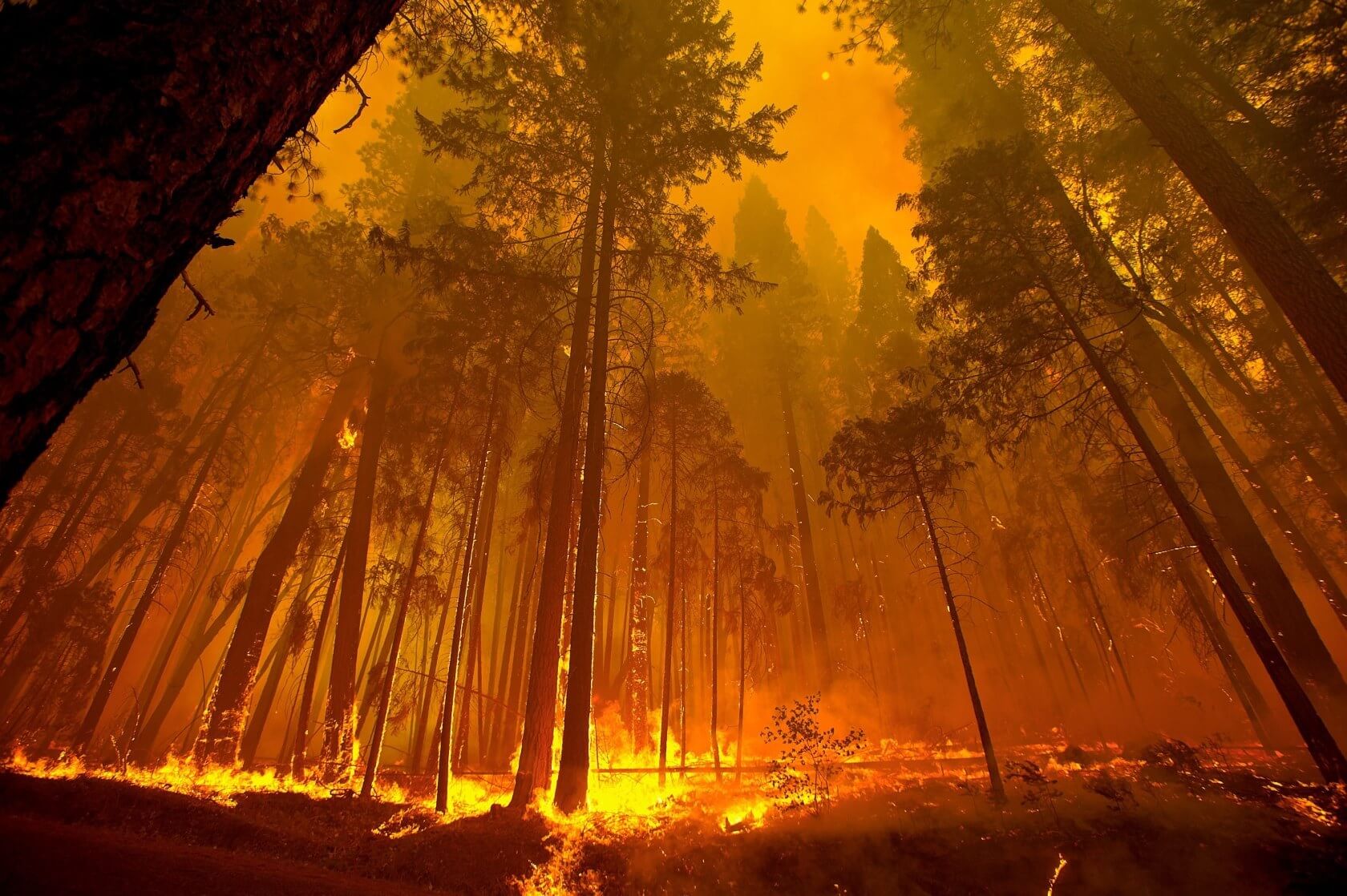Though states like California are taking firm steps toward making the world a more sustainable place and reducing the alleged risk of human-caused climate change, it seems they cannot carry the burden alone. Despite their best efforts, the levels of carbon dioxide in Earth's atmosphere are increasing.
Whether that's primarily the result of human activity is a topic of much debate, and it's not one we're looking to jump into here. Instead, we'll look at what we know, courtesy of a report from TechCrunch and information provided by the Mauna Loa Observatory.
The latter's latest reading (obtained via sensors in the Observatory on May 11) reveals that the level of CO2 in our atmosphere has surpassed 415 parts per million (ppm). According to meteorologist Eric Holthaus on Twitter, this is the "first time in human history" that Earth's atmosphere has had more than 415 ppm.
This is the first time in human history our planet's atmosphere has had more than 415ppm CO2.
--- Eric Holthaus (@EricHolthaus) May 12, 2019
Not just in recorded history, not just since the invention of agriculture 10,000 years ago. Since before modern humans existed millions of years ago.
We don't know a planet like this. https://t.co/azVukskDWr
"This is the first time in human history our planet's atmosphere has had more than 415ppm CO2. Not just in recorded history, not just since the invention of agriculture 10,000 years ago," Holthaus said. "Since before modern humans existed millions of years ago. We don't know a planet like this."
Those who believe in the dangers climate change may pose claim that humanity's CO2 emissions could eventually lead to the widespread extinction of "over a million" plant and animal species, increased flooding, sea level rises, additional forest fires, and even – at high enough atmospheric CO2 levels – impaired human cognitive function.
Only time will tell whether or not those fears will be realized, but we'll keep you updated as more information comes to light in the coming months and years.
